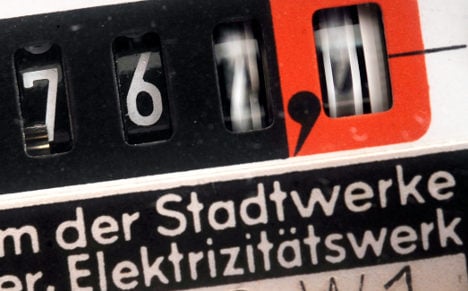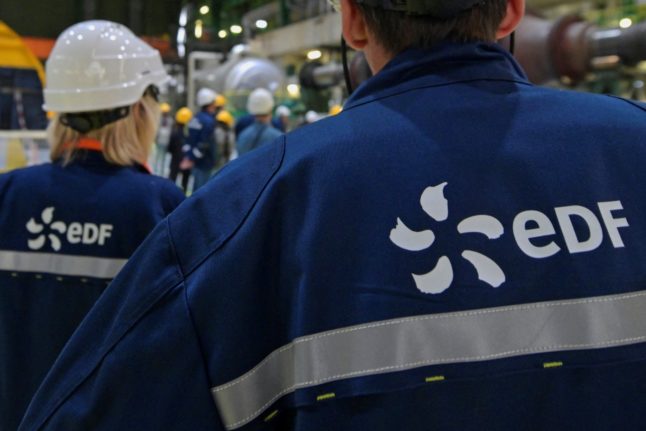Germany’s electrical grid operators Monday said they were increasing the charge on consumers which finances subsidies for renewable energy, by 47 percent.
Consumers will be asked to pay 5.277 cents per kilowatt hour of electricity consumed in 2013, the firms announced, compared to a 3.592-cent surcharge this year.
For an average three-person house, this 47-percent increase amounts to an additional €60 per year to around €185 in add-on power taxes. A family of four that consumes 4,500 kWh a year can expect to pay around €90 more.
In total, the network operators hope to collect more than €20 billion to finance renewables.
On Thursday, German Environment Minister Peter Altmaier said that Europe’s top economy wanted to have 40 percent of its energy needs from renewable sources by 2020, up from a previous target of 35 percent.
Germany decided in the immediate wake of Japan’s 2011 Fukushima nuclear plant disaster to shut down its nuclear reactors by 2022 and ramp up the use of renewable energy.
Chancellor Angela Merkel has made the Energiewende, the term used to describe both the end of nuclear power and the promotion of renewable energy sources, one of her government’s priorities.
But the policy has run into difficulties, notably due to technical and financing problems as well because of local resistance to building new power lines.
But part of the reason for the increase is the success of the energy transfer. German solar energy has experienced a boom, with more and more Germans attaching photovoltaic panels to their roofs. Wind energy parks have also been expanded rapidly.
But this means that the companies involved are entitled to a guaranteed payment for the electricity they produce for the next 20 years. The difference from the market value is to be passed onto the consumer via the EEG reallocation charge.
Economy Minister Philipp Rösler warned on Monday that the energy transition could also cause widespread energy shortages this winter.
“We already had a strained situation last winter,” he told the Passauer Neue Presse. “That is likely to happen again this winter and next winter.”
The Local/AFP/bk



 Please whitelist us to continue reading.
Please whitelist us to continue reading.
Member comments